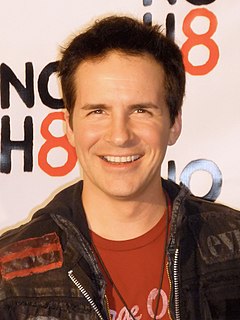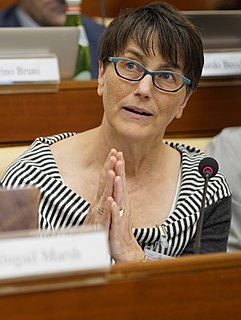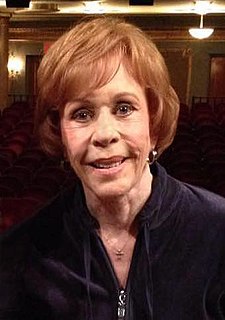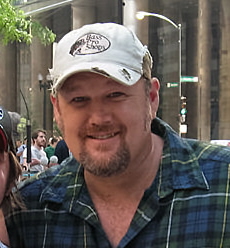A Quote by Hal Sparks
Vegas has the Whitman's Sampler of audiences. They come from all different places, so you have to do some crowd psychology. You have to find the heartbeat of the room. It doesn't shift my jokes, but it shifts my timing and my attention.
Related Quotes
In Vegas, you have an audience you can't find anywhere else. It's from all over the country. You play Seattle, everyone's from Seattle. But in Vegas, you have six from Seattle, a bunch from L.A., some local Las Vegans and maybe a farmer from Iowa. In Vegas, you learn the ins and outs of holding a room because of that great spectrum of folks.
Positivity psychology is part and parcel of psychology. Being human includes both ups and downs, opportunities and challenges. Positive psychology devotes somewhat more attention to the ups and the opportunities, whereas traditional psychology - at least historically - has paid more attention to the downs.
It's a tough time for screenwriters right now, because fewer movies are getting made. I'm enjoying television so much. It offers opportunities for writers to be in a writers' room and work their way up. It's somewhat easier because there's more of a community. There are so many screenwriters with incredible stories to tell, so I hope there will be some kind of shift in the business where very few types of movies are now made by the studios. There needs to be different budgets for different audiences; not everything having to be a huge opening weekend.
Audiences of critical thinkers are my favorite kinds of audiences. There are jokes I tell in the show that don't get laughs unless I am in front of an audience of critical thinkers. Put me in front of a crowd of science teachers or astronauts! The guileless aren't our audience - it's the critical thinkers we love.
I'm really fascinated by how the mob ethos permeates places like Las Vegas and Chicago. I have the book set in Las Vegas and Chicago for pretty specific reasons, some of which are that in both cases the mob history has become a tourist attraction - I'm actually doing a book signing in Las Vegas at The Mob Museum, which I am positively giddy about! - and I find that especially unusual. If you don't call these people "the Mafia" they're just a band of psychopaths killing people for profoundly dumb reasons.


































